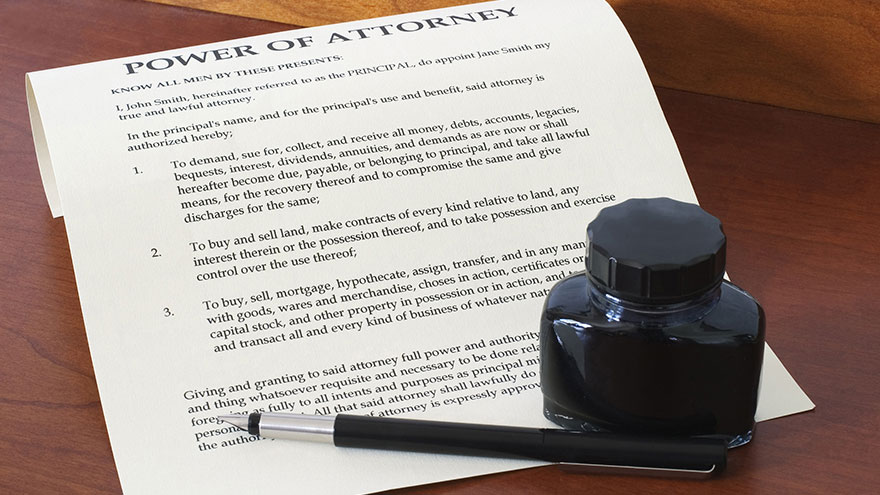How to Assign Power of Attorney
Power of attorney is a legal agreement that allows someone else to act in your behalf for legal or financial matters. Unlike other legal relationships, such as a conservatorship, giving someone power of attorney does not supersede your decisions
It simply gives the person the right to speak for you when you are not there to do so. To assign a power of attorney to someone, you must sign a legal document and have it notarized.
3 Steps to Assign Power of Attorney

1. Understand what powers you are assigning with a power of attorney agreement.
Depending on the type of power of attorney agreement you are signing, you may be giving someone else access to your money and the right to buy and sell property in your name or enter into contracts under your name. Decide what the purpose of this power of attorney will be.
Do you want someone who can make decisions on your behalf in your old age? Are you a member of the military who needs someone to handle your affairs during your deployments? This will help you decide what type of power of attorney agreement you need and for how long it should be active.
2. Decide whom you want to assign power of attorney to.
It may a relative, a lawyer or a financial adviser. This person should be physically and mentally able to act on your behalf. Above all, this person should be trustworthy. Be sure to discuss your intentions and desires with the person you entrust with power of attorney. Be clear about what you expect from him.
3. Draft a legal power of attorney document with a lawyer.
Be sure to explain exactly what you want to your power of attorney to cover. The type of power of attorney document you sign should reflect the concerns that you mapped out in Step 1. The documents must be signed by all parties and notarized.
Both you and the person to whom you assigned power of attorney should keep the documents in a safe place.
It may be helpful to notify your banking institution that you have assigned power of attorney to someone. This may make things smoother when the person to whom you assigned power of attorney has to do business with them.
You Might Also Like :: What Is an Enduring Power of Attorney?

